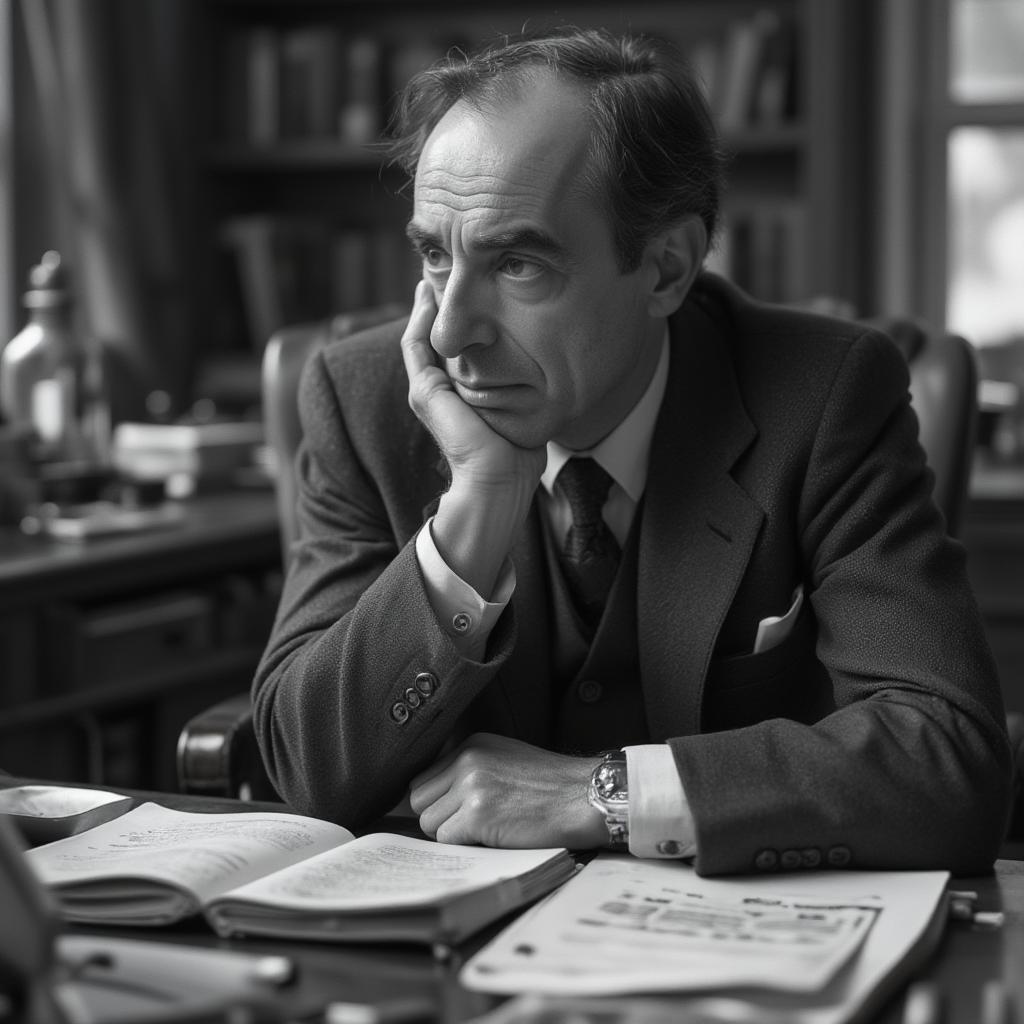John Maynard Keynes, a name synonymous with economic brilliance, revolutionized the way governments approach economic policy. His theories, particularly those concerning the role of government intervention during economic downturns, have shaped modern macroeconomics and continue to be debated and applied today. This biography delves into Keynes’s life, exploring his remarkable achievements and the lasting legacy he left on the world of finance.
Born in 1883 in Cambridge, England, Keynes demonstrated exceptional intellectual prowess from a young age. Educated at Eton College and King’s College, Cambridge, he immersed himself in mathematics and philosophy, laying the groundwork for his future economic endeavors. His early career included a brief stint in the British civil service, where he worked for the India Office. However, his passion for economics led him back to Cambridge, where he began lecturing and further developing his economic ideas.
World War I provided a critical turning point in Keynes’s career. He served as a Treasury official, advising the British government on financial matters related to the war effort. This experience exposed him firsthand to the complexities of international finance and the devastating consequences of economic instability. Following the war, Keynes served as the principal representative of the Treasury at the Paris Peace Conference. Deeply troubled by the harsh reparations imposed on Germany, he argued that such measures would cripple the German economy and destabilize Europe. His concerns, outlined in his influential book “The Economic Consequences of the Peace,” proved prescient, as Germany’s economic struggles contributed to the rise of political extremism in the interwar period.
The interwar years saw Keynes dedicate himself to developing his revolutionary economic theories. He challenged the prevailing laissez-faire orthodoxy, arguing that governments have a crucial role to play in managing the economy, particularly during periods of recession or depression. His magnum opus, “The General Theory of Employment, Interest and Money,” published in 1936, laid the foundation for modern macroeconomics. In this groundbreaking work, Keynes argued that insufficient aggregate demand could lead to prolonged periods of unemployment, and that governments could stimulate demand through fiscal policy, such as increased government spending or tax cuts.
 John Maynard Keynes's Influence on Economic Thought
John Maynard Keynes's Influence on Economic Thought
Keynes’s ideas gained traction during the Great Depression, as governments around the world grappled with unprecedented levels of unemployment. His theories provided a framework for understanding and addressing the crisis, paving the way for the New Deal programs in the United States and similar initiatives in other countries. His influence extended to the establishment of the Bretton Woods system in 1944, a framework for international monetary cooperation designed to prevent a recurrence of the economic turmoil that had characterized the interwar period. Keynes played a central role in the negotiations, advocating for the creation of international institutions to manage global finance and promote economic stability.
 Keynes at the Bretton Woods Conference
Keynes at the Bretton Woods Conference
Keynes’s contributions to economic thought and policy were profound and far-reaching. He challenged conventional wisdom, offering innovative solutions to complex economic problems. His emphasis on the role of government intervention, his analysis of aggregate demand, and his advocacy for international cooperation have left an indelible mark on the world of finance. While his theories continue to be debated and refined, his legacy as one of the most influential economists of the 20th century remains secure. His work continues to inspire economists and policymakers, offering valuable insights into the challenges and opportunities of managing a globalized economy.
Keynes’s impact extends beyond specific policies. He fostered a new way of thinking about economics, emphasizing the importance of empirical data and rigorous analysis. He also championed the idea that economics should be a tool for improving human well-being, not just a theoretical exercise. This commitment to practical solutions and his deep understanding of the interconnectedness of economic and social factors cemented his place as a true financial mastermind.


